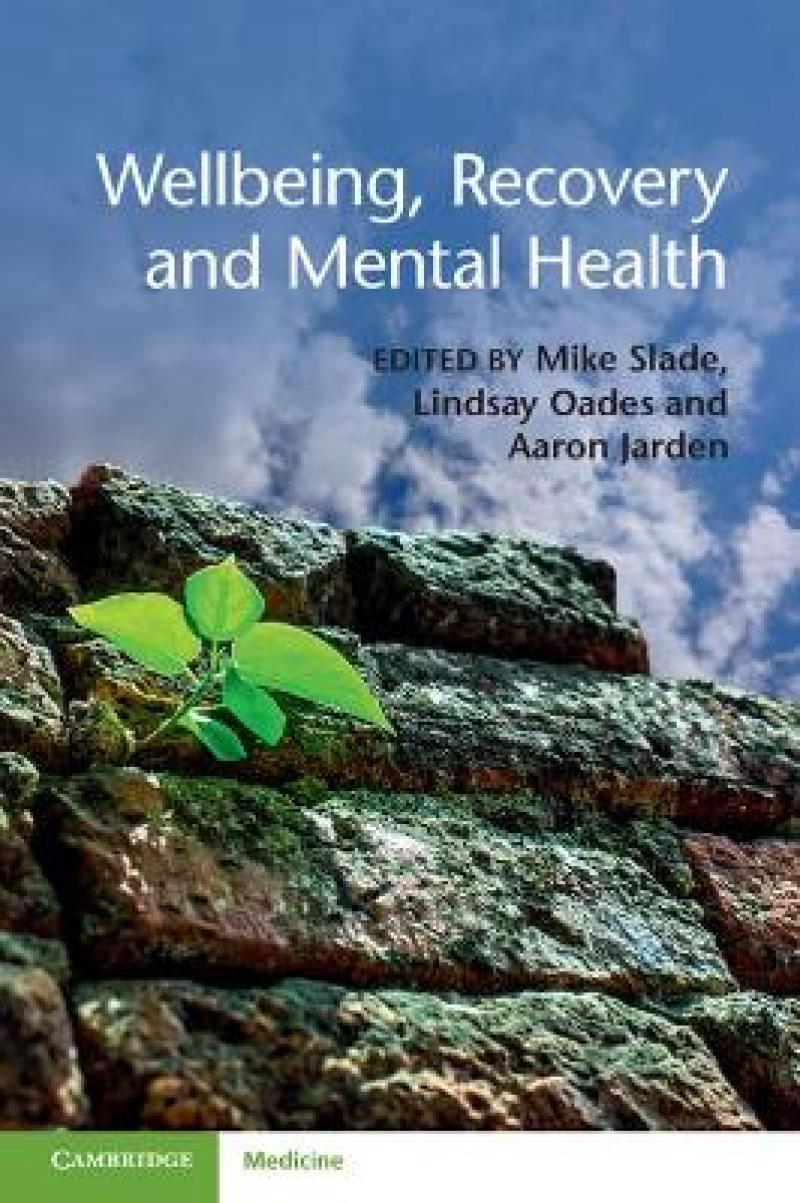'This exciting collection of groundbreaking research from around the world shows how hope, recovery, and wellbeing are far better than suffering, misery, and illness as guiding concepts for policy and practice in mental health and beyond, to civil society.' Larry Davidson, Yale University, Connecticut
'Slade, Oades, and Jarden have fostered a long-overdue conversation within this book - between clinicians focusing on recovery, and positive psychologists focusing on well-being. Although the first group has traditionally focused on returning clients to baseline, the other group has tried to leave the baseline behind, for new heights of well-being. The upshot of the conversation is this: that the processes bringing recovery and the processes bringing well-being are much the same, though they have been focused on in isolation. This book also stakes a claim for diversity, and the equal personhood of 'victims' needing to 'recover' from mental illness. They are not different from us, it turns out: they ARE us.' Ken Sheldon, Curators' Professor of Psychological Sciences, University of Missouri
'… research has been converging on the idea that positive psychological approaches have great utility for people at risk for and experiencing mental disorders. This book provides a much needed framework for synthesizing that literature and planning ahead for what is sure to be a vibrant and massively impactful field of study.' Acacia Parks, Hiram College, Ohio
